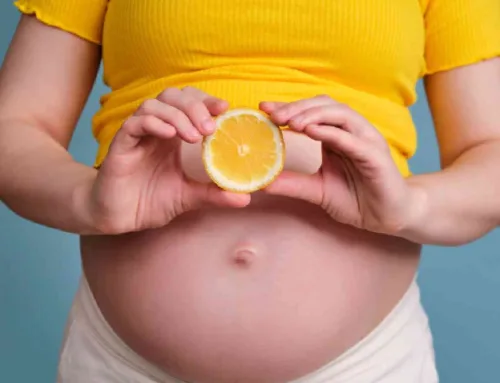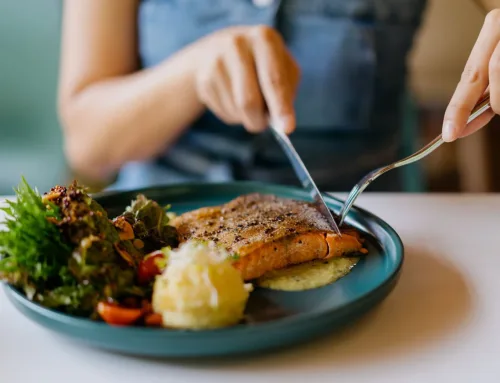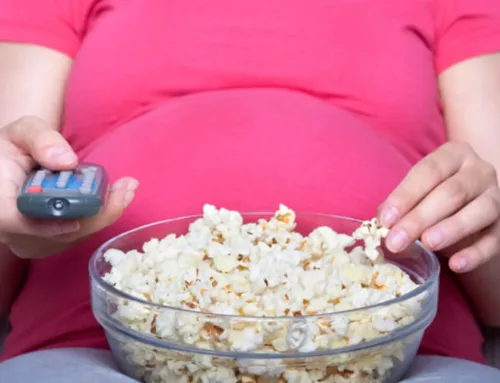Craving ice during pregnancy is a common yet intriguing phenomenon that often prompts questions. This article delves into the concept of pica, a condition marked by cravings for non-food items, such as ice, and its prevalence among pregnant women.
We will explore the potential causes behind craving ice during pregnancy, their impact on nutrient intake and overall health, as well as effective strategies for managing them. Additionally, it is crucial to discuss when one should seek medical advice regarding these cravings.
Join us as we examine the connection between ice cravings and pregnancy in detail.
What is Pica? Understanding the Craving for Ice
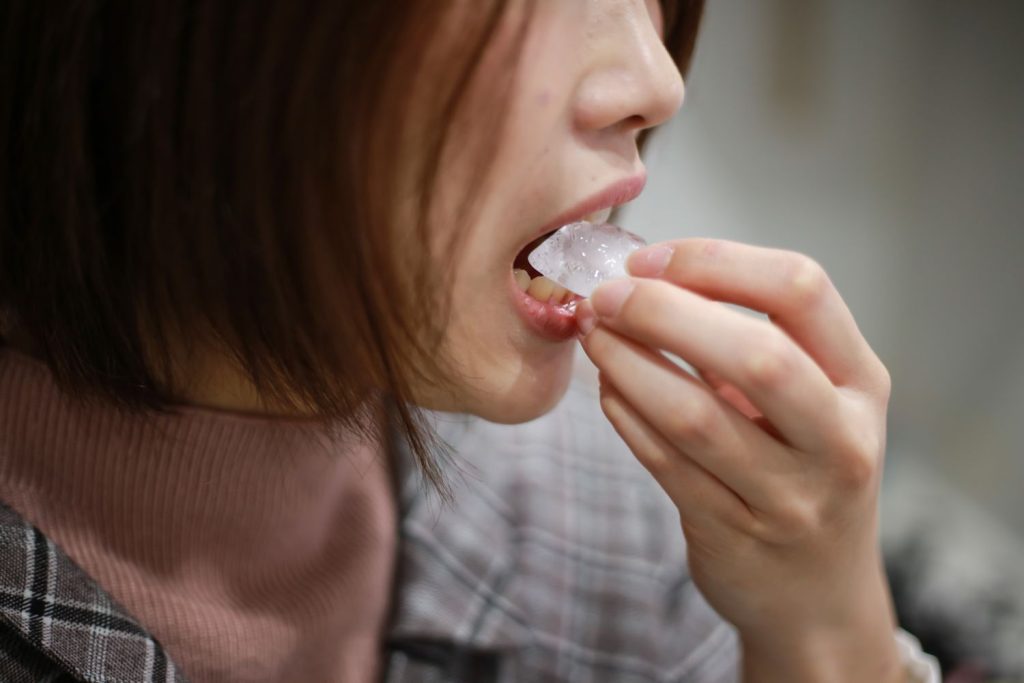
Pica is a medical condition marked by an uncontrollable craving for non-food substances, such as ice, dirt, or chalk. This phenomenon is often misunderstood and tends to be particularly prevalent in certain groups, including pregnant women, who may develop cravings for ice—a specific type of pica known as pagophagia.
While many people typically associate pregnancy cravings with food, pica underscores the complexity of the emotional and psychological factors that can drive these behaviors. This includes aspects like oral fixation and potential nutritional deficiencies that may arise during this significant period.
Further reading: Salty Food Cravings During Pregnancy: Safe Options and What to Avoid
Definition and Causes of Pica
Pica is characterized by a persistent craving for items that are not typically regarded as food, often leading individuals to consume substances such as ice, dirt, or even paper.
This unusual behavior can frequently be linked to psychological factors, including stress, anxiety, or developmental disorders. These factors may compel individuals to seek comfort through the consumption of non-food items. Additionally, nutritional deficiencies—especially in essential minerals like iron or zinc—can trigger cravings for substances that fulfill these unmet needs, resulting in an appetite for ice or other non-nutritive items.
This craving behavior not only complicates dietary habits but can also pose serious health risks. It may lead to gastrointestinal issues, infections, or toxicity. Therefore, it is crucial to address both the psychological and nutritional aspects to effectively manage this condition.
Craving Ice During Pregnancy
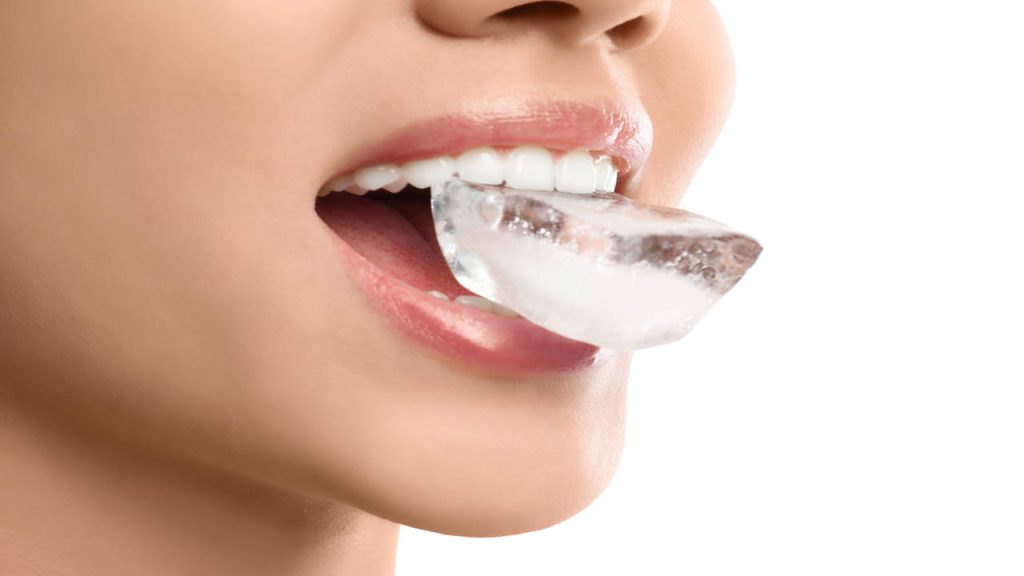
Many pregnant women encounter distinctive cravings, with a notable preference for ice among the most frequently reported. This condition, often referred to as pagophagia, is believed to arise from a variety of factors, including hormonal changes, an increased need for hydration, and specific nutrient cravings that may indicate deficiencies, such as those related to iron or calcium.
Understanding these cravings is quite important, as they can provide valuable insights into maternal health and dietary habits during pregnancy.
Prevalence and Possible Reasons
Ice cravings during pregnancy are quite common, with many women experiencing a strong desire to chew on ice as part of their gestational cravings. This phenomenon, often referred to as pagophagia, may signal underlying nutritional deficiencies, particularly in essential minerals such as iron and calcium.
Many pregnant women may notice that their bodies instinctively seek the crunch and coolness of ice, which can serve as a remedy for nausea or simply a means to stay hydrated. This trend has attracted attention due to its potential connection to anemia, a condition that can develop during pregnancy because of increased blood volume and heightened iron demands.
Addressing these cravings and the associated nutritional deficiencies is important, as it can positively impact both the mother’s well-being and the health of the developing baby, ensuring that both receive the necessary nutrients for a healthy pregnancy.
The Impact of Ice Cravings on Pregnancy

Ice cravings can have a notable effect on a pregnant woman’s nutritional intake and overall health, often signaling underlying concerns like nutrient deficiencies or emotional eating habits.
For many women, chewing ice not only helps satisfy cravings but may also represent a subconscious desire for hydration, especially during the warmer months of pregnancy.
While enjoying ice in moderation can be harmless, excessive chewing may lead to dental problems or other health complications.
Effects on Nutrient Intake and Health
The effects of ice cravings during pregnancy can have implications that extend beyond simply satisfying the desire for ice, potentially influencing overall nutrient intake and health.
These cravings often indicate underlying nutritional deficiencies, particularly in essential minerals like calcium and iron. A deficiency in calcium can adversely affect the mother’s bone density, as well as the developing fetus’s bone health, potentially leading to complications later on. Likewise, insufficient iron may result in anemia, a condition that is particularly concerning during pregnancy, as it can decrease the oxygen supply to both the mother and the baby.
Thus, addressing these cravings is crucial not only for the mother’s well-being but also for supporting optimal fetal development.
Managing Ice Cravings During Pregnancy
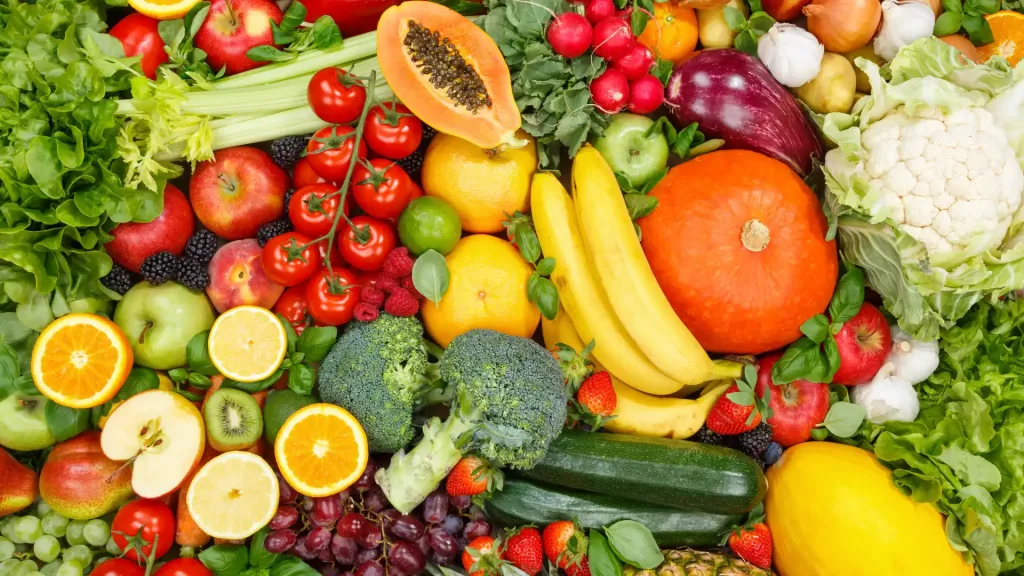
Managing ice cravings during pregnancy is important for ensuring a balanced diet and supporting overall maternal health. This approach allows expectant mothers to handle their cravings more effectively while ensuring they receive proper nutrients from essential foods like meat and milk.
While enjoying an occasional ice treat can be perfectly fine, it’s crucial to find strategies that help relieve those cravings. This way, mothers-to-be can maintain dietary balance and ensure proper nutrition during this important time.
Further reading: Why You Crave Milk During Pregnancy Explained
Strategies for Coping and Reducing Cravings
There are several strategies that pregnant women can use to effectively cope with and reduce their cravings for ice.
First, it’s important to understand that these cravings often arise from a need for hydration or a deficiency in certain nutrients. By incorporating a well-rounded diet rich in fruits, vegetables, and whole grains, women can better meet their nutritional needs, which may help diminish the urge to chew on ice.
Staying hydrated by drinking water and other healthy beverages can also alleviate some of these cravings. Keeping frozen fruits or smoothies readily available provides satisfying alternatives, offering an enjoyable crunch without the need for ice.
Additionally, educating themselves about the potential impacts of excessive ice consumption on dental health and digestion can enhance awareness and promote healthier choices.
Further reading: Craving Spicy Food During Pregnancy? Here Are Some Dos and Don’ts
When to Seek Medical Help
Ice chewing is a behavior that some expectant mothers may experience during pregnancy. However, it is important for them to monitor their cravings carefully and seek medical assistance when needed.
Signs of Pica and When to Consult a Doctor
Recognizing the signs of pica is essential for pregnant women to safeguard both their health and that of their unborn child. This condition, which involves the consumption of non-nutritive substances like dirt, clay, or chalk, can pose serious health risks, including nutrient deficiencies and gastrointestinal blockages.
It is important for individuals to be aware of common indicators, such as cravings for non-food items, which can become particularly pronounced during pregnancy. If these behaviors persist or intensify, it may be prudent to discuss them with a healthcare provider to evaluate psychological well-being and nutritional status.
Timely intervention can help mitigate potential health complications and support emotional health throughout the journey of pregnancy.
Frequently Asked Questions
Can craving ice be a sign of pregnancy?
Yes, craving ice during pregnancy is a common occurrence and can be a possible sign of pregnancy.
Why do pregnant women crave ice?
Pregnant women may crave ice due to hormonal changes, nutrient deficiencies, or as a coping mechanism for nausea and morning sickness.
Is ice craving during pregnancy harmful?
No, craving ice during pregnancy is not harmful as long as it is not excessive and does not interfere with a healthy, balanced diet.
Does craving ice during pregnancy mean I have a specific deficiency?
It is possible that craving ice during pregnancy is a sign of iron or other nutrient deficiency, but it is always best to consult with a healthcare provider for proper diagnosis and treatment.
Should I try to resist my ice cravings during pregnancy?
If you are craving ice during pregnancy, it is important to listen to your body and make sure you are staying hydrated. However, if you are concerned about the frequency or intensity of your cravings, it is best to consult with your healthcare provider.

